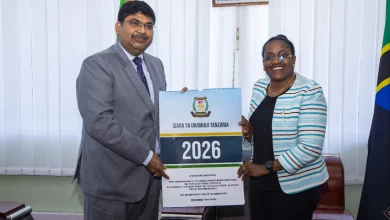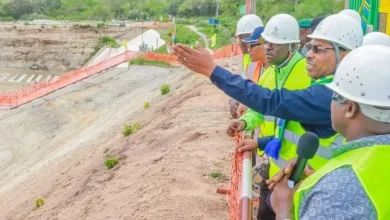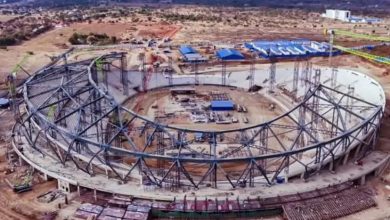Tanzania affirms commitment to transform its education system
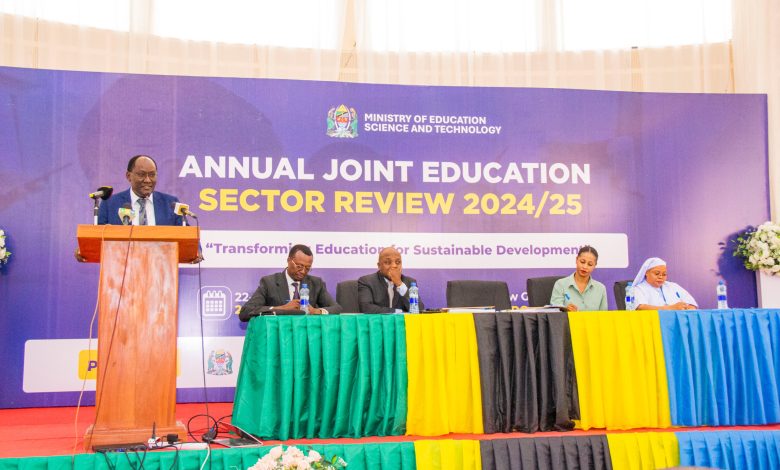
DODOMA: THE government has reaffirmed its commitment to transforming Tanzania’s education system to equip learners with the skills and knowledge needed for a fast-changing, technology-driven economy and to drive inclusive growth under Vision 2050.
Speaking today in Dodoma at the opening of the Annual Joint Education Sector Review (AJESR) 2024/25, Deputy Permanent Secretary in the Ministry of Education, Science and Technology, Professor Daniel Mushi, said the government remains steadfast in ensuring that every child, youth and adult has access to quality, inclusive and transformative education.
“Through the AJESR, we reaffirm the principle that education is not merely a social service but a strategic investment in human capital, which should be the cornerstone of Tanzania’s innovation-driven and knowledge-based economy,” he said.

Prof Mushi said the forum provides a platform for sector-wide dialogue, joint accountability and evidence-based planning, noting that the government continues to view education as a catalyst for innovation and productivity.
“The world is changing rapidly, technology is evolving, and we need skilled human capital that can keep up with these developments,” he said, adding that Tanzania’s reforms reinforce its global commitment to the Sustainable Development Goals, particularly Goal No. 4 on inclusive and equitable quality education.
This year’s AJESR, themed “Transforming Education for Sustainable Development,” brought together key stakeholders from government institutions, development partners, civil society, faith-based organisations, and the private sector to review the sector’s performance, identify challenges, and agree on priorities and actions for the year ahead.
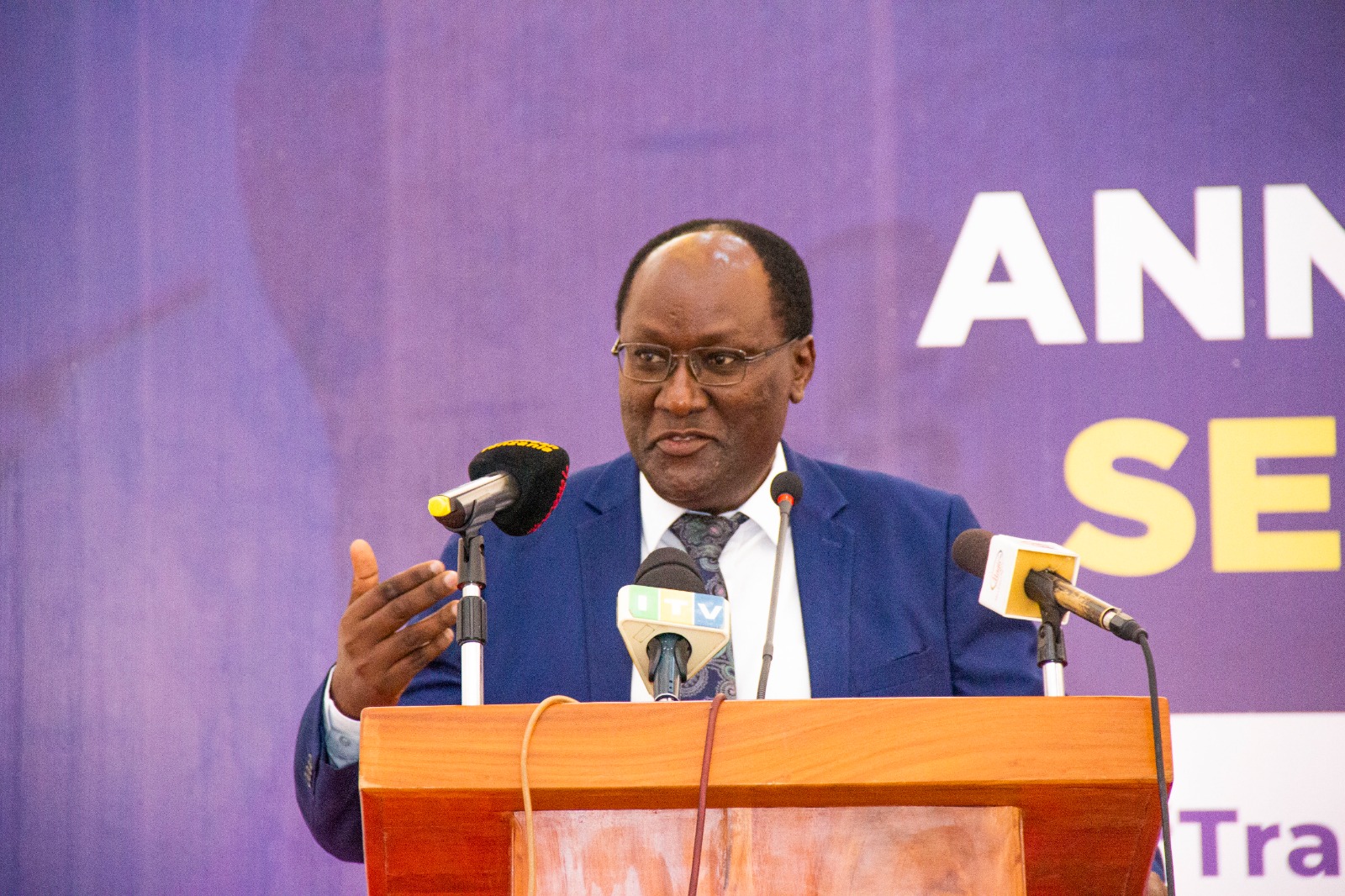
He commended education stakeholders for achievements made in the 2024/25 period, including expanded access to education, teacher professional development, curriculum reforms and improved assessment systems.
Deputy Permanent Secretary in the President’s Office, Regional Administration and Local Government (PO-RALG), focusing on Education, Mr Atupele Mwambene, said education remains one of the key enablers of Tanzania’s Vision 2050, forming the foundation for national human capital development.
ALSO READ: How tech innovation links education to national Vision 2050
“Human capital is key to every aspect of national development. Sound economic growth depends on well-prepared human capital,” he said.
On behalf of development partners, Head of Office at the British High Commission, Ms Godfrida Magubo, commended the government for prioritising education under Vision 2050, stressing that without a well-educated population, inclusive growth will remain out of reach.

She urged the government to accelerate planning for the 2027 double cohort of nearly 5.1 million students expected to enter junior secondary school following the reduction of the primary cycle from seven to six years, calling for more classrooms, teachers and learning materials.
Chairman of the Tanzania Education Network (TEN/MET) Board, Mr Simon Nanyaro, hailed the government’s investment in teacher training, noting that 70,657 primary and 67,254 secondary school teachers have been trained, an impressive increase from just 1,250 in previous years.
“As we review the 2024/25 education performance, we celebrate achievements attained and chart the way forward. Let us harness our collective wisdom and expertise to propel our education system towards greater excellence and equity,” he said.



